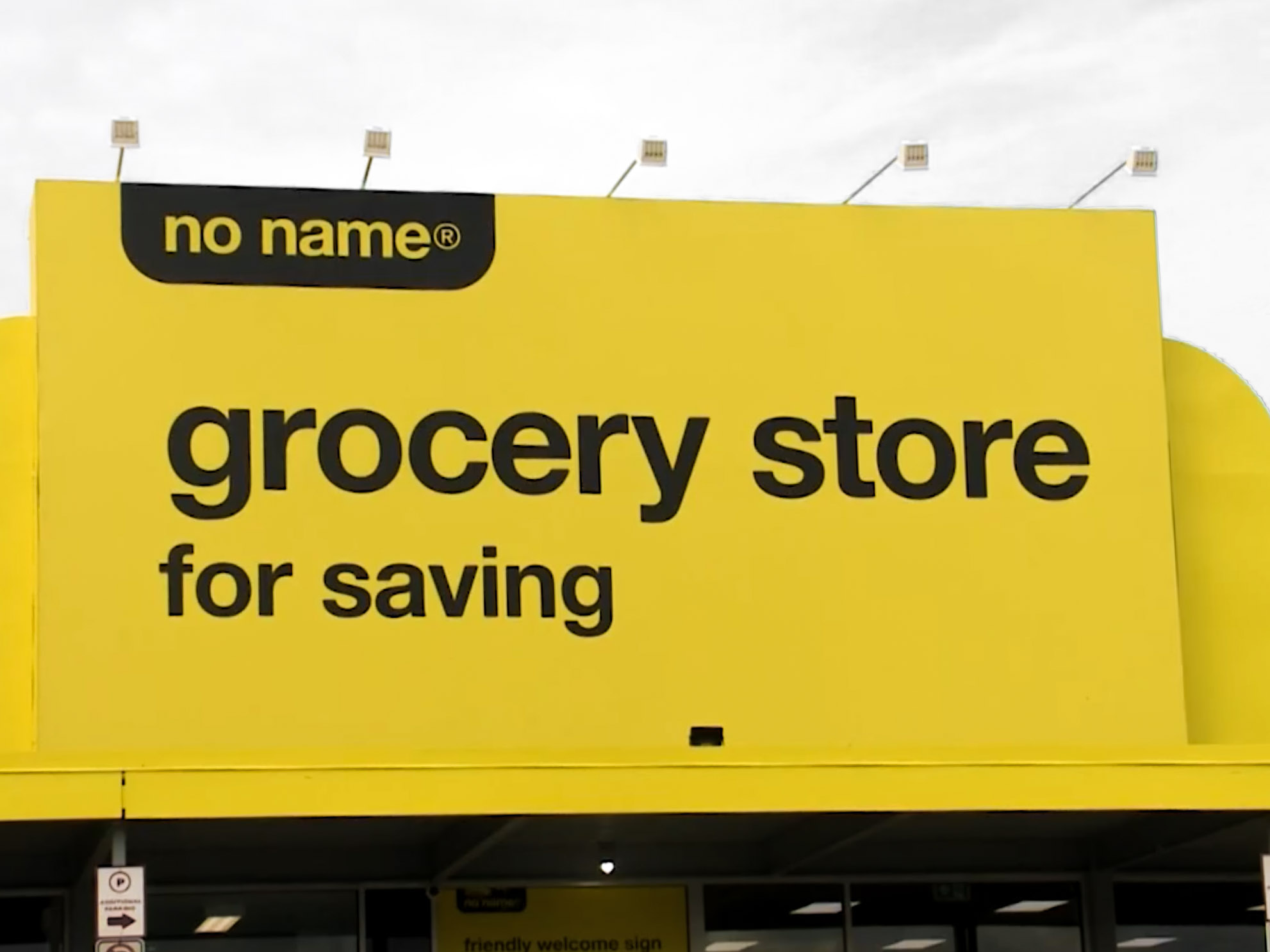The new no name grocery store could help alleviate some financial burdens on Brock students who buy their own food.
Students are among the population who’ve felt the biggest impact of the enormous hikes in food prices in the past several years. Grocery shopping can sometimes feel like an exercise of sacrifice and mental gymnastics as one tries to compare costs to figure out what they can afford.
In an article with The Walrus, Jordan Foisy described the existential dread he felt thinking about the grocery situation. Food inflation rates skyrocketed to 11.4 per cent in January and levelled off in April to 1.4 per cent, but kept costs at a level where he didn’t know “what things [were] even supposed to cost, what a good deal [was] anymore or even what the best way to spend money [was].”
Since then, there have been some positive changes, with Agriculture and Agri-Food Canada announcing that all major retailers had agreed to join the Grocery Sector Code of Conduct in July and recent reports showing that some grocery items are expected to become cheaper this season. Still, those same reports also predict that other food products will become more expensive.
BUSU’s Food First program surely helps alleviate students’ financial burdens, but with only a certain number of grocery cards available, free grab-and-go breakfasts held only a few days a week and other free food events held even less often, finding affordable options for food on campus can be quite a struggle.
Very few full meals at Union Station or Guernsey Market go for under $10 when tax is incorporated — even small entrées — leaving only a few options for students who need to eat every day, sometimes multiple meals, at Brock. Many are forced to turn to cheap, innutritious items like bagels or spend more money than they should, a predicament that follows them for the three, four or more years they spend at Brock.
With students already forced to cover large expenses like rent and tuition, creating concerns about food just makes things worse. However, a potential solution to this problem may have just opened at 333 Ontario Street: the no name grocery store for saving.
One of the few pilot discount stores from grocery giant Loblaw in Canada, the no name store promises to help customers save up to 20 per cent on essential grocery and household products.
“Since food inflation took off globally, we have been laser-focused on doing what we can to keep prices lower for customers, including opening more discount food locations in more parts of the country. This new test concept allows us to pass on lower prices to our customers — it’s a completely different and simplified shopping experience,” said Loblaw President and CEO Per Bank in the release announcing the project.
The grocery store has a limited capacity of 1,300 products including frozen items, packaged goods, produce and pantry necessities, but not refrigerated items, meaning no dairy or fresh meat.
Furthermore, to keep operating costs low, the store will have shorter operating hours — 10 a.m. to 7 p.m. — limited marketing, no flyers, reused fixtures and more.
The no name grocery store will hopefully help relieve some of the struggles that currently burden many Brock students, allowing them to focus on better focus on their studies.

